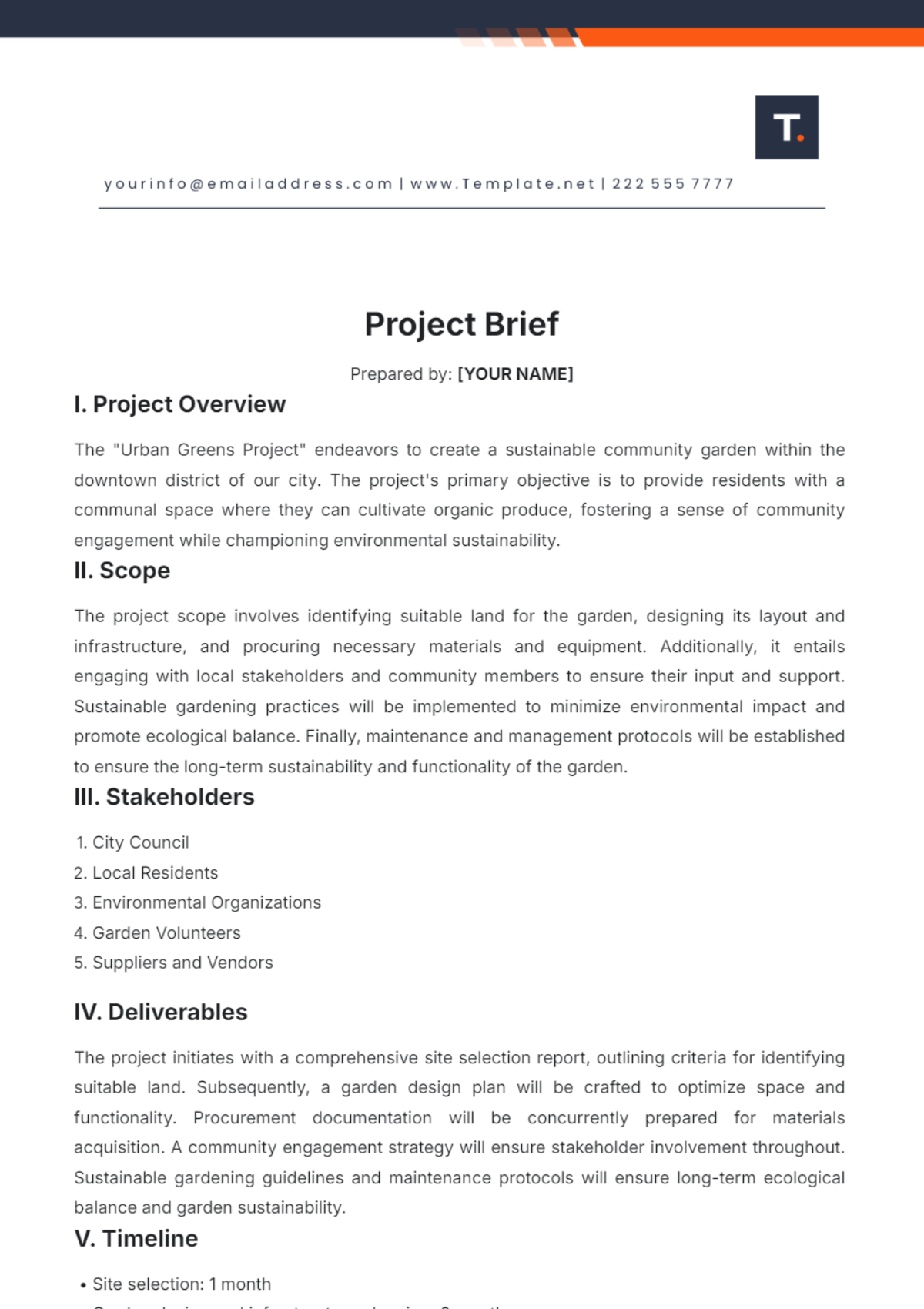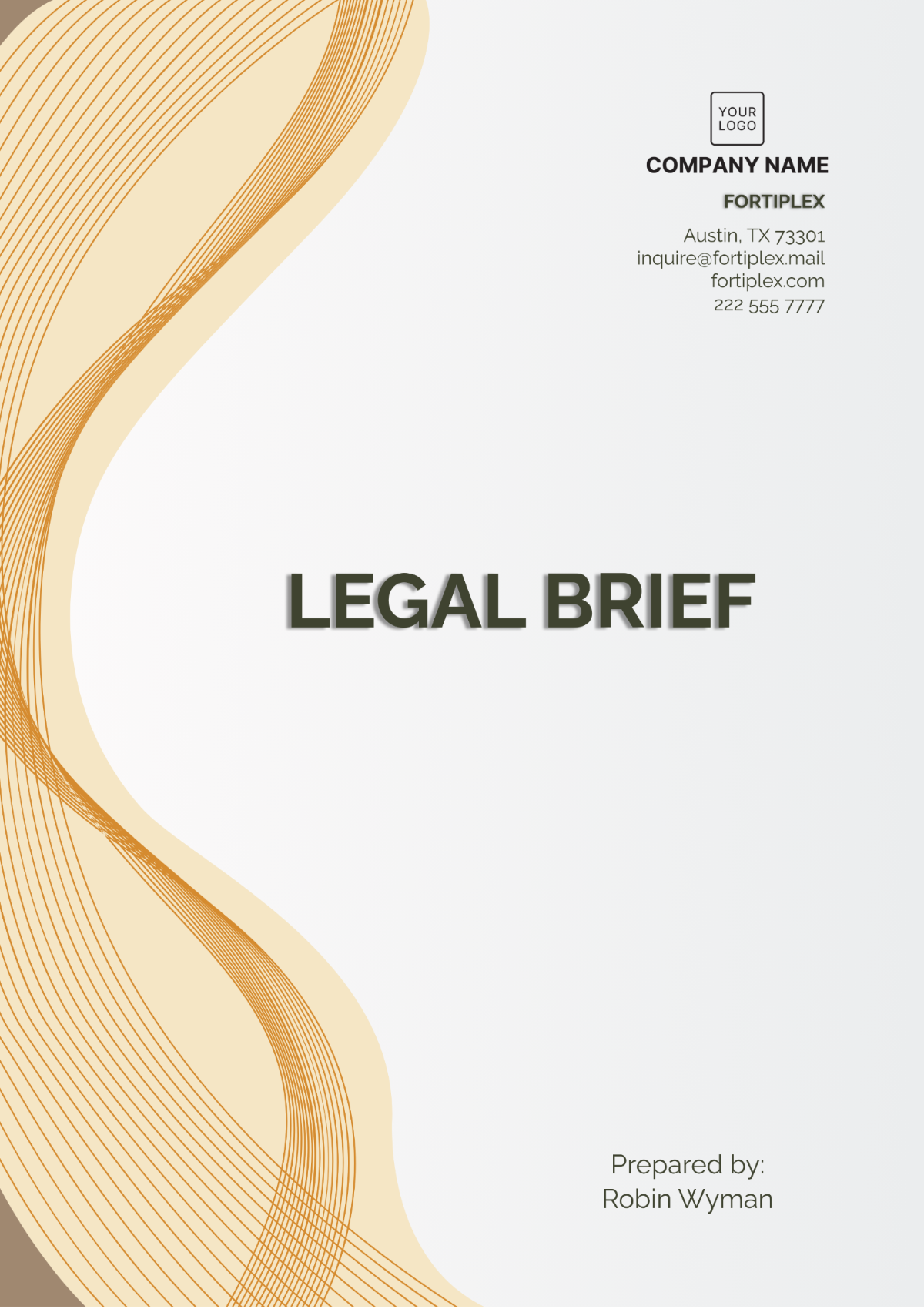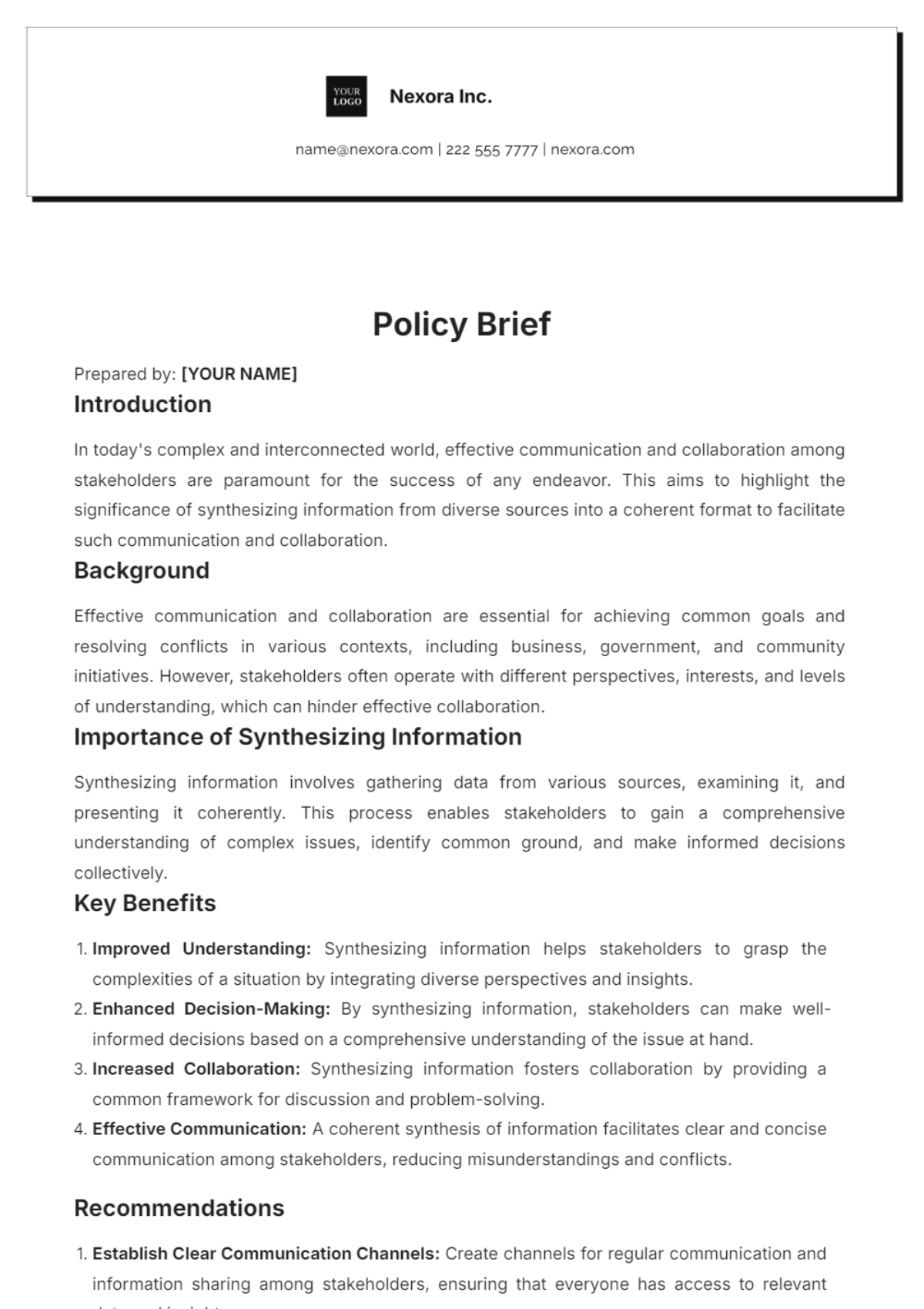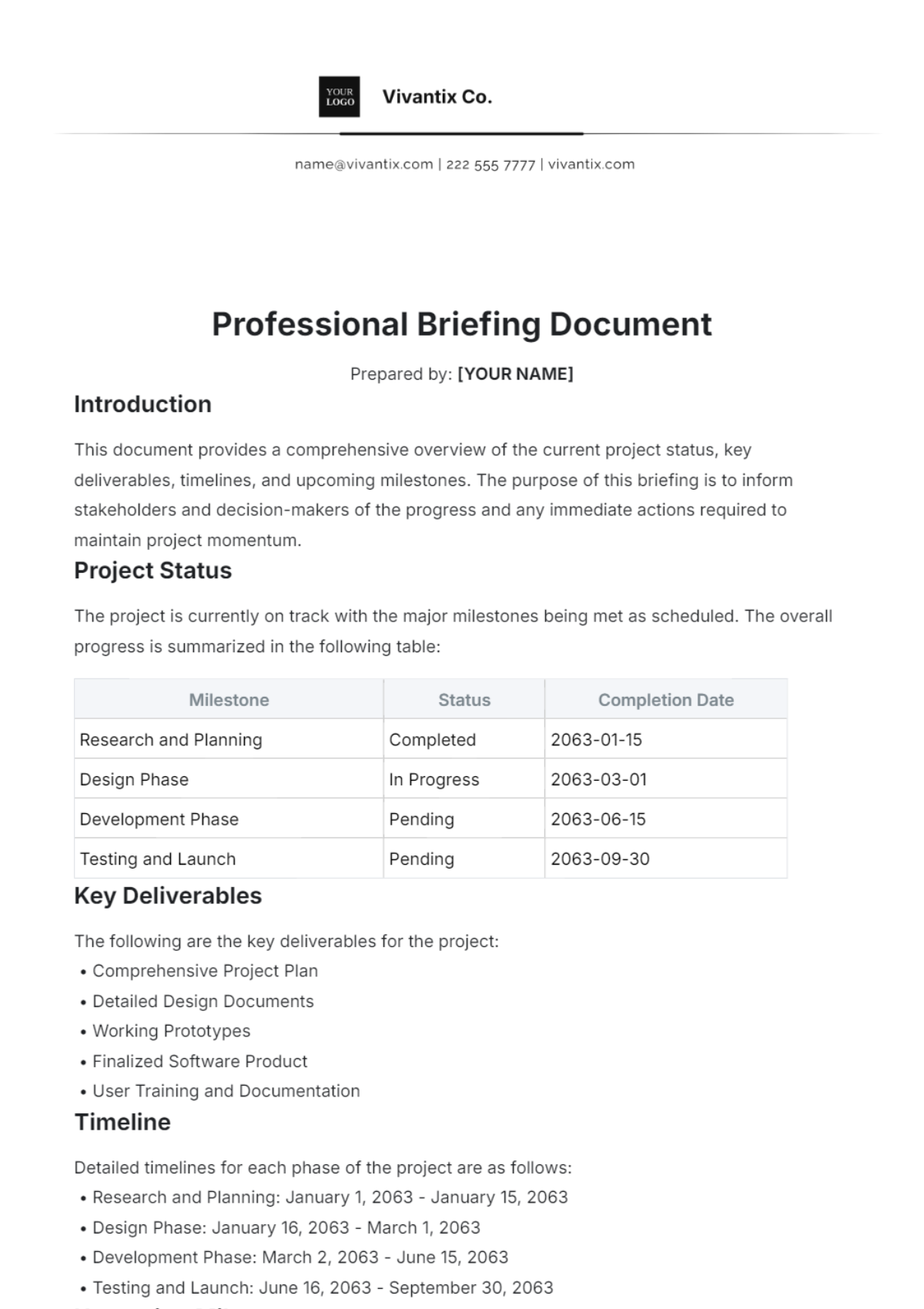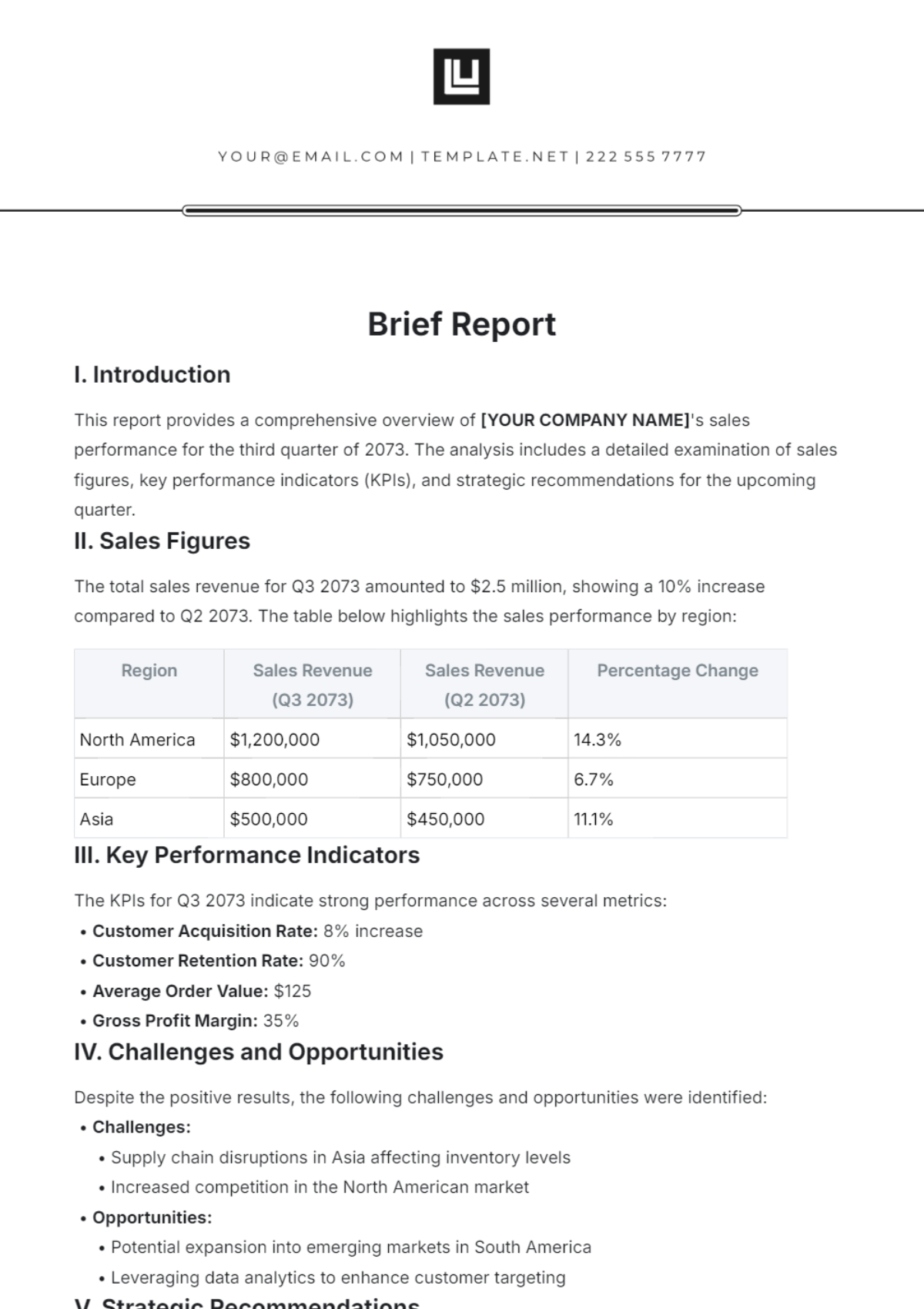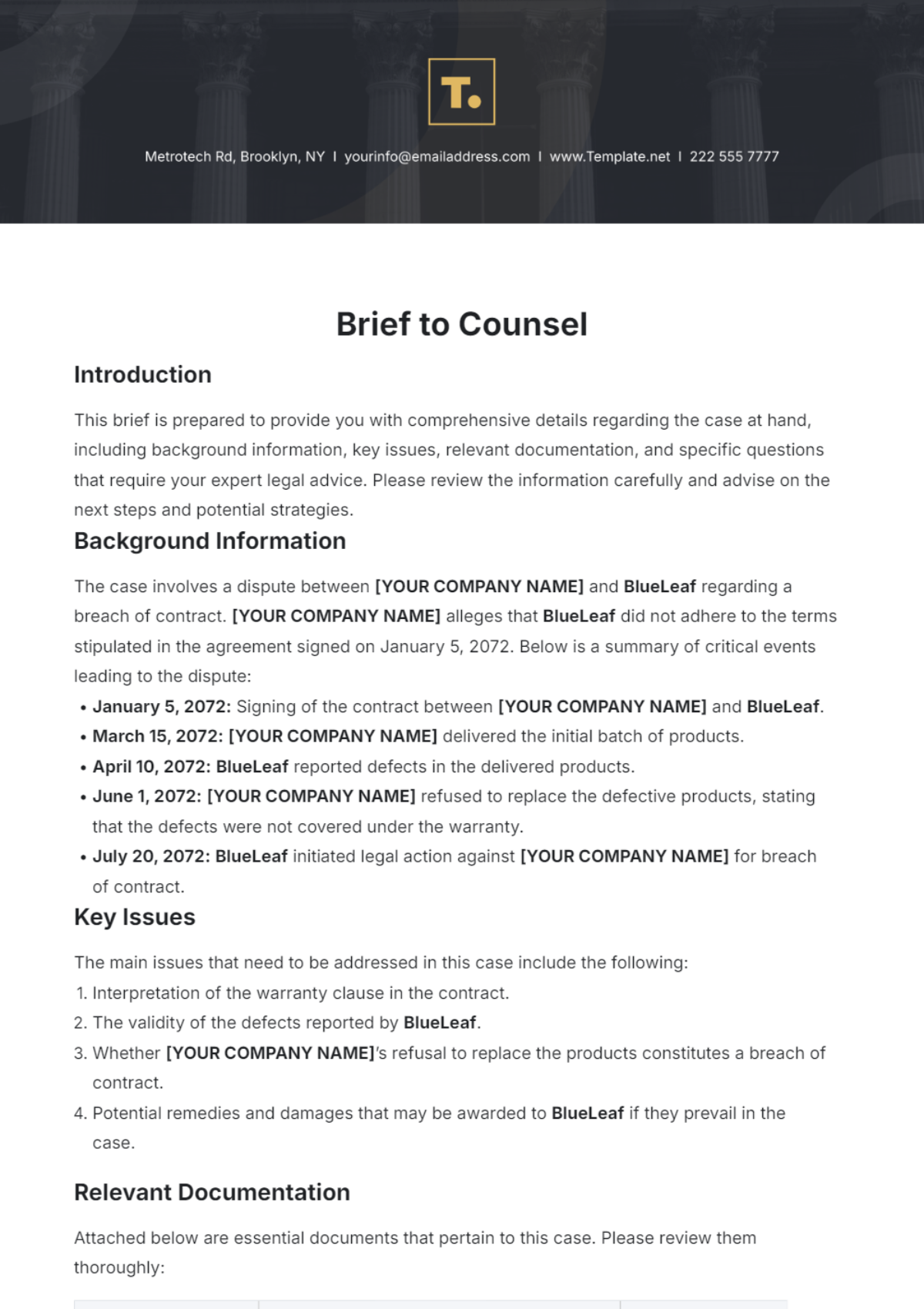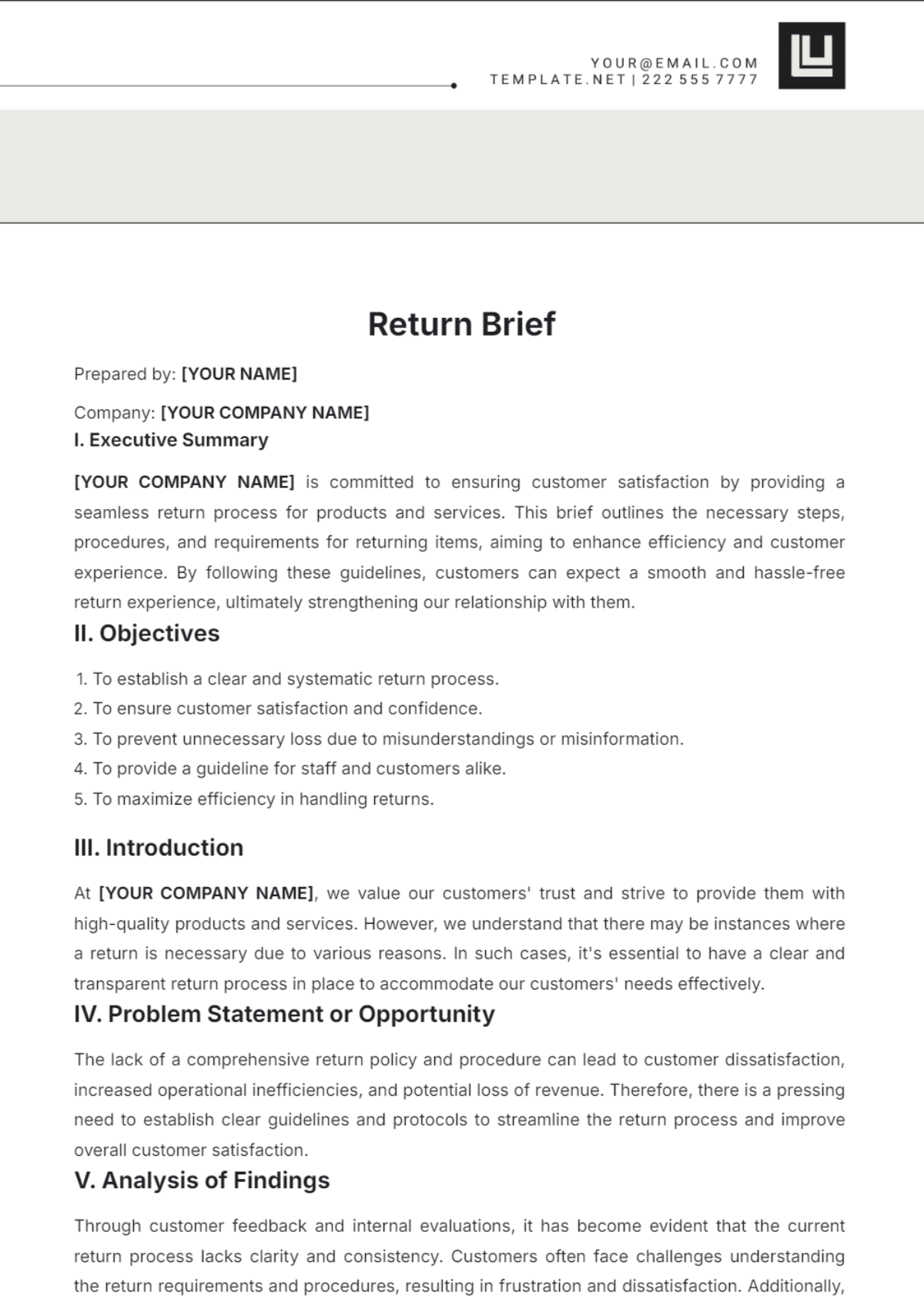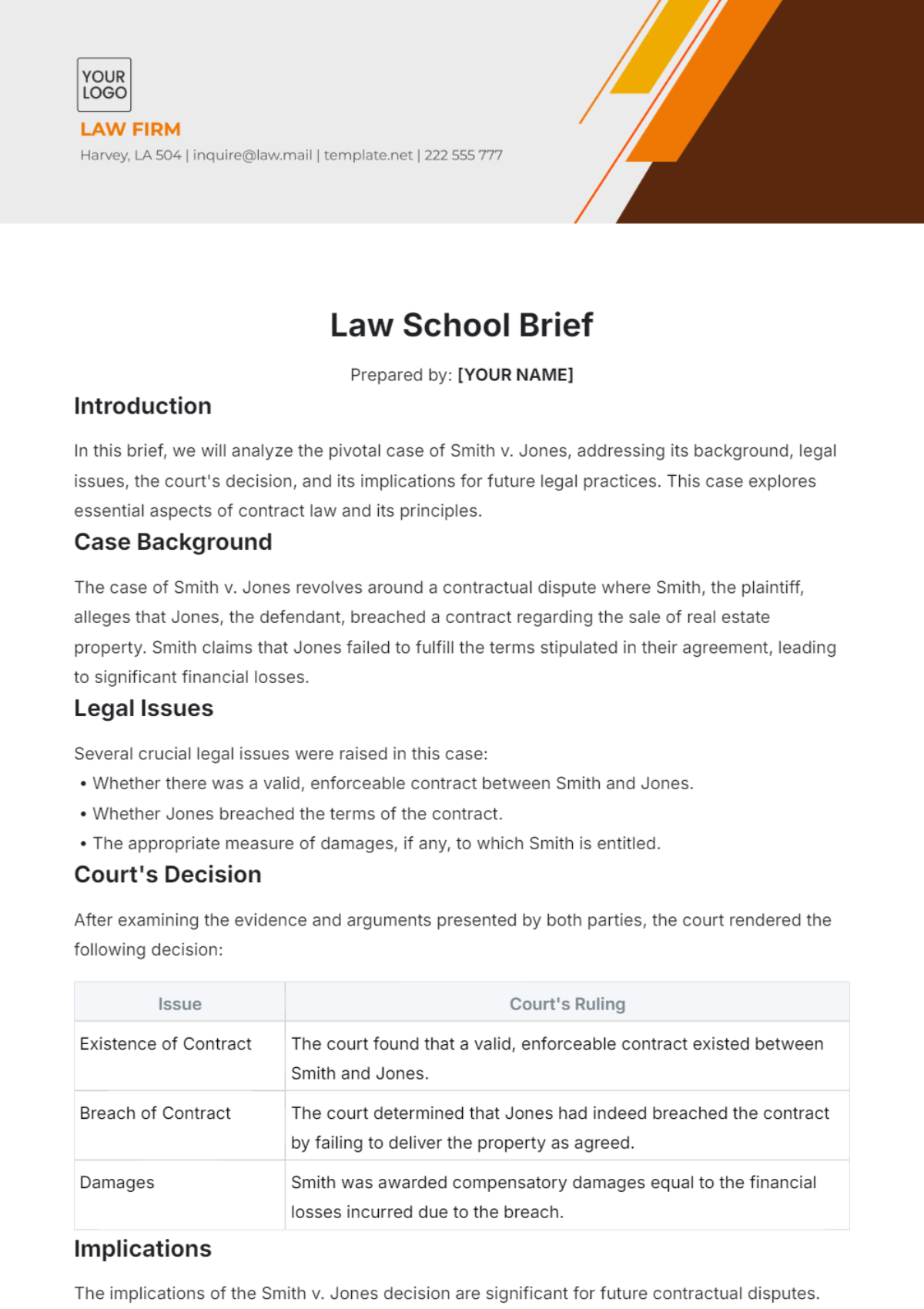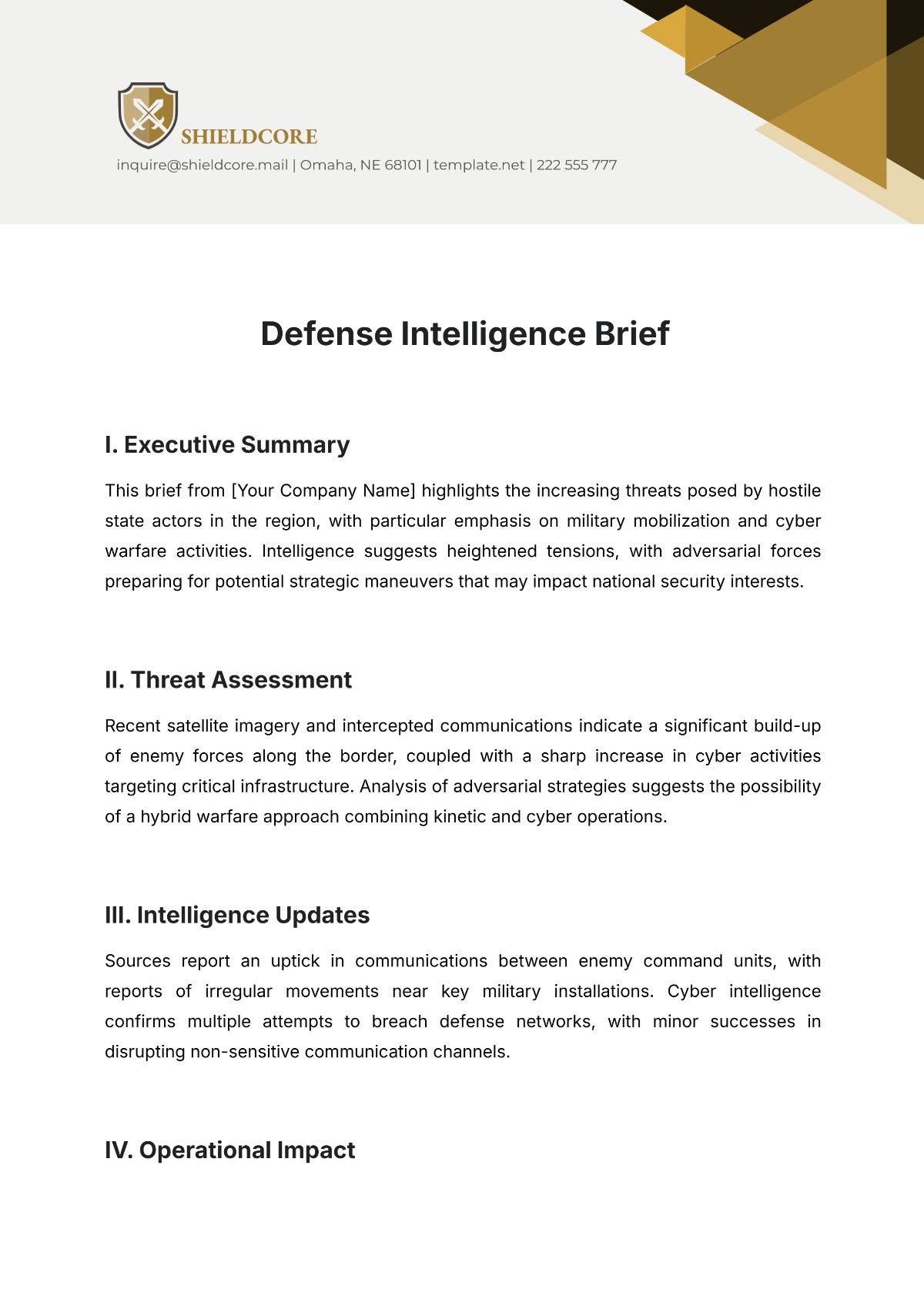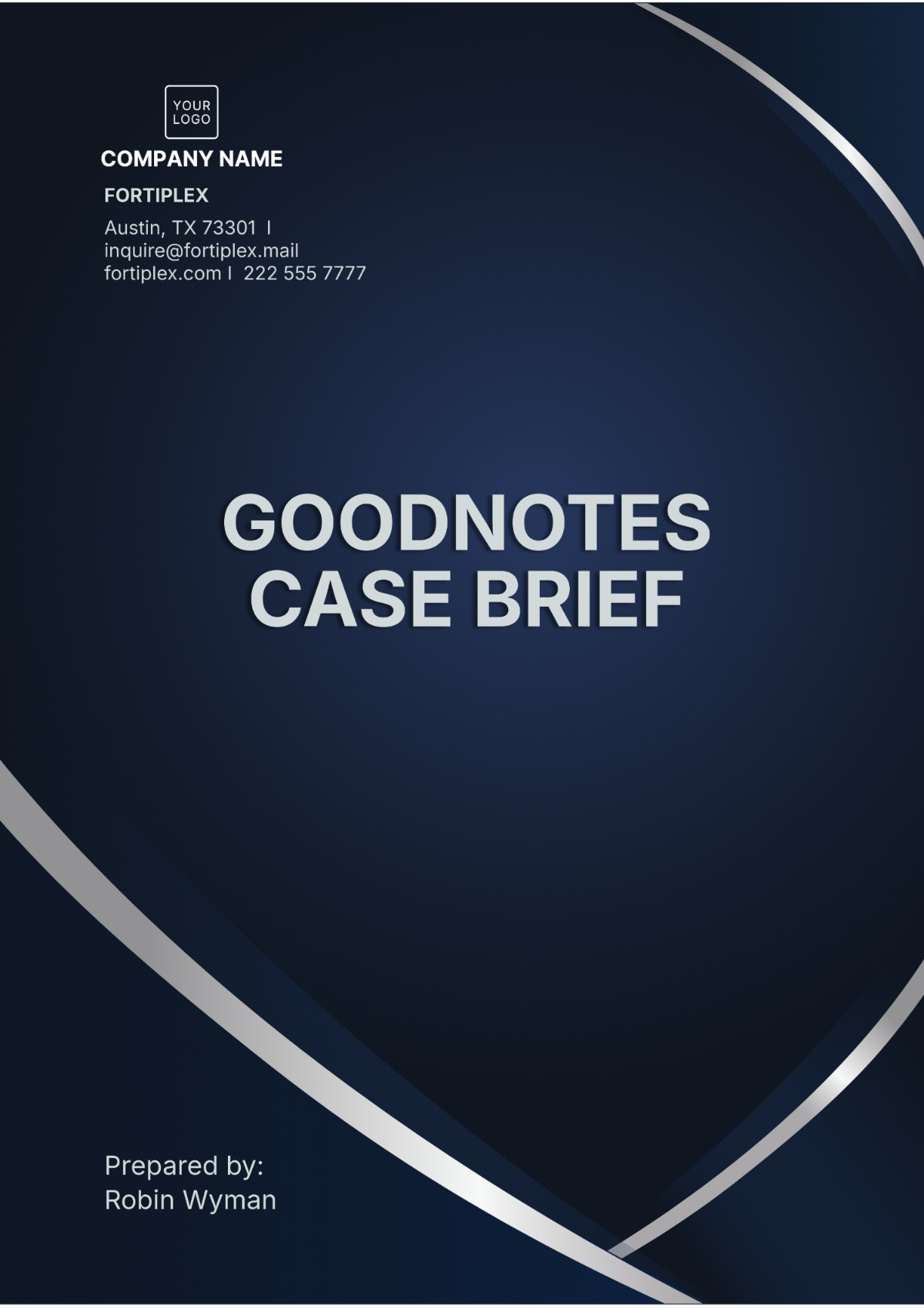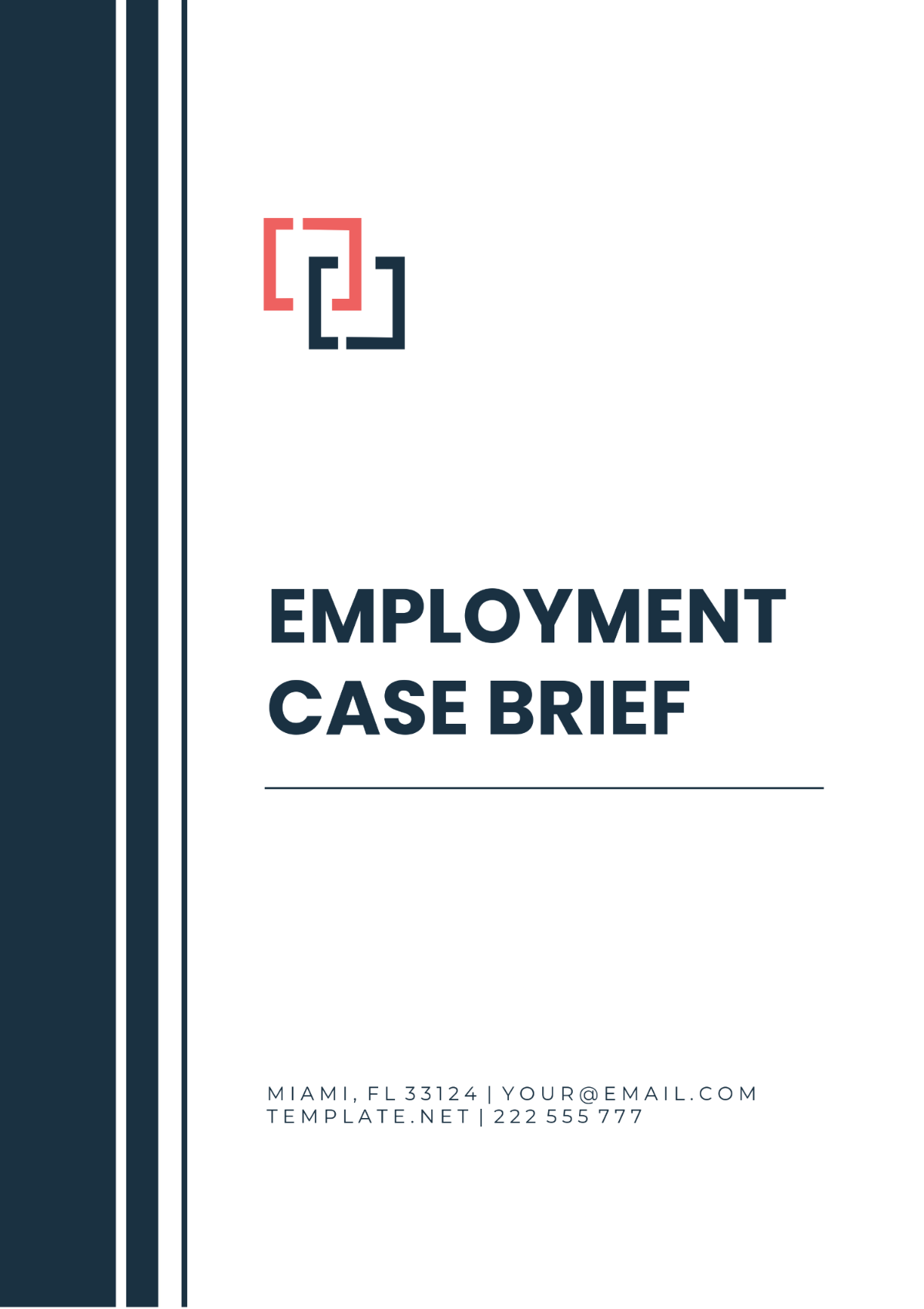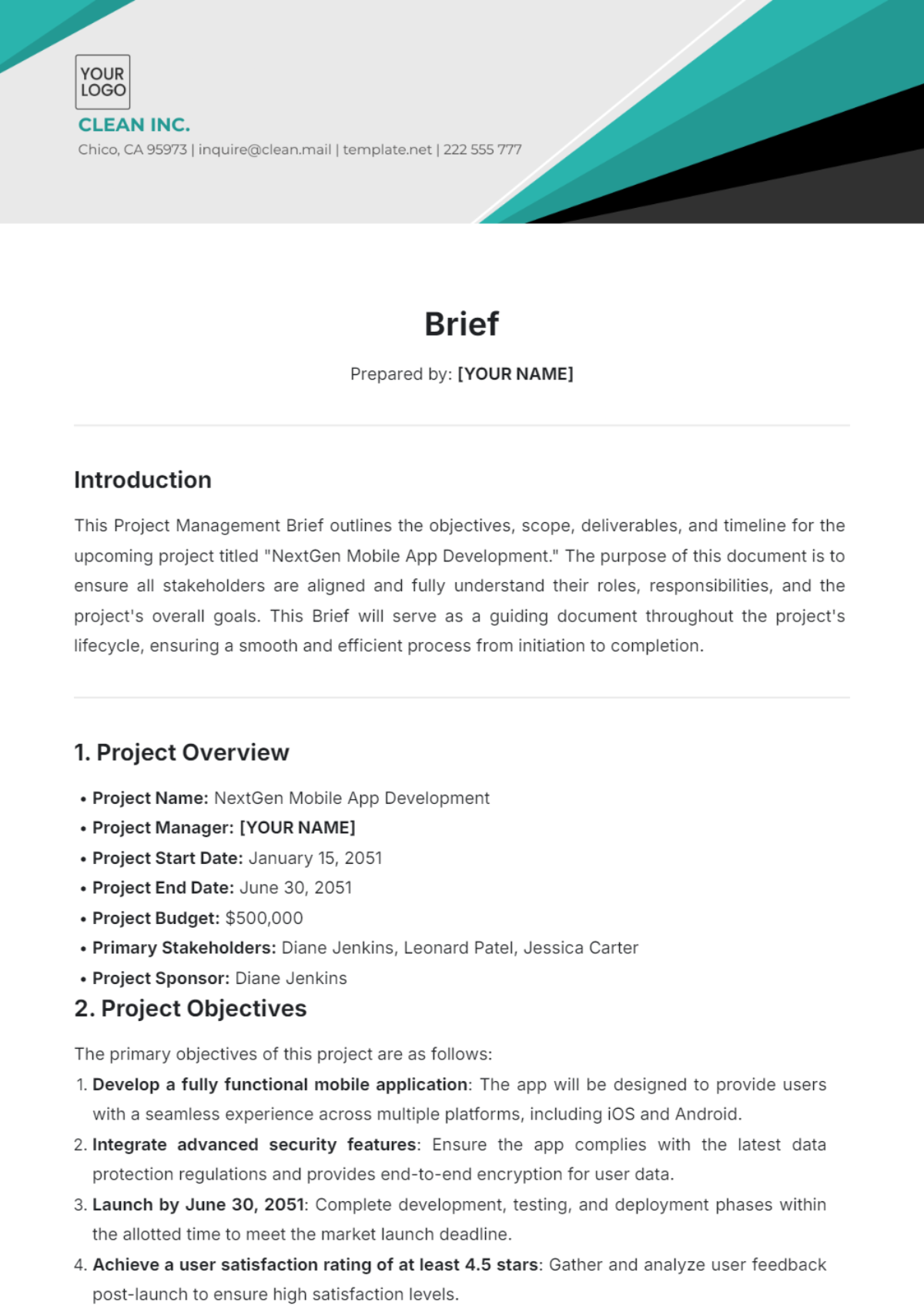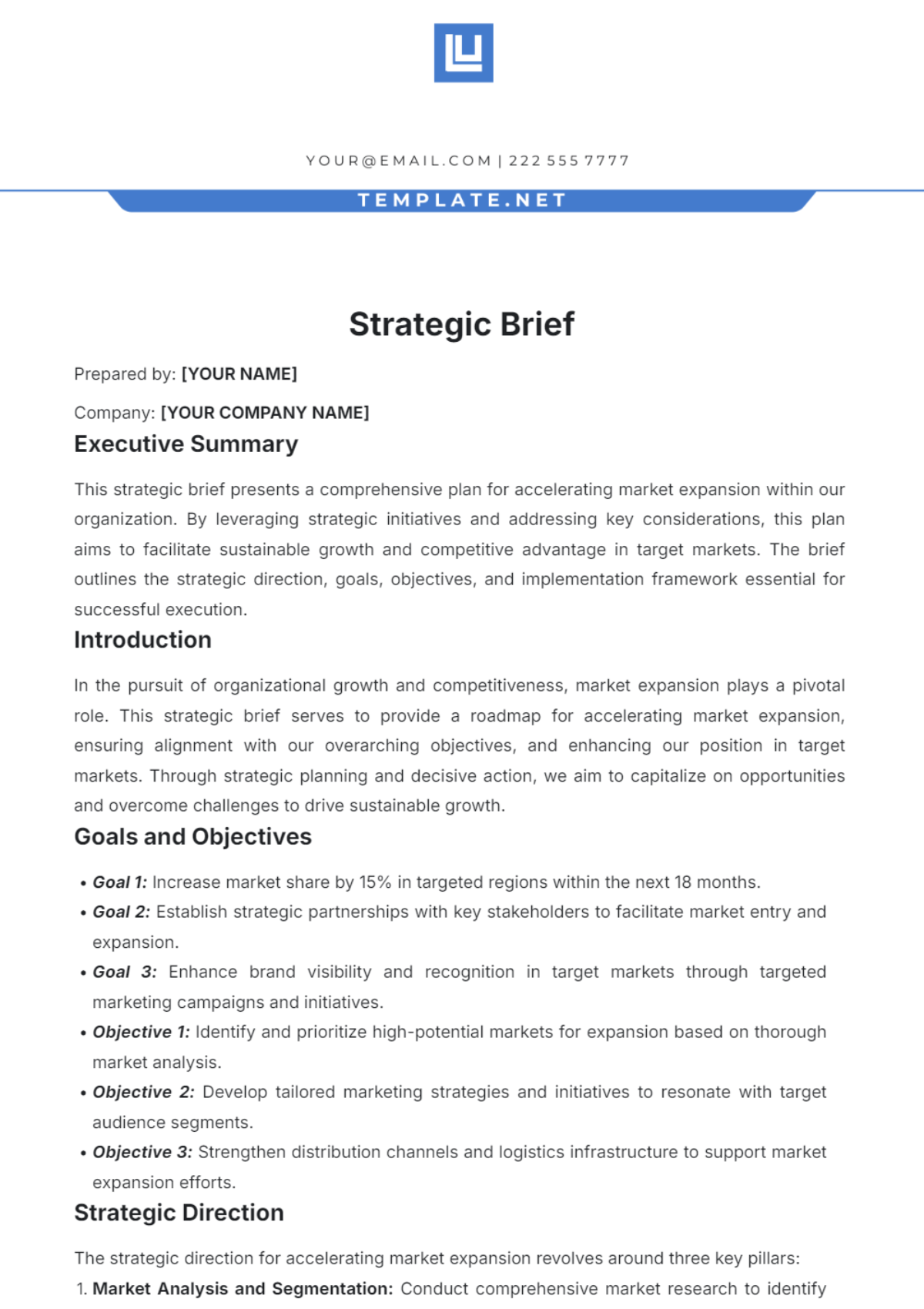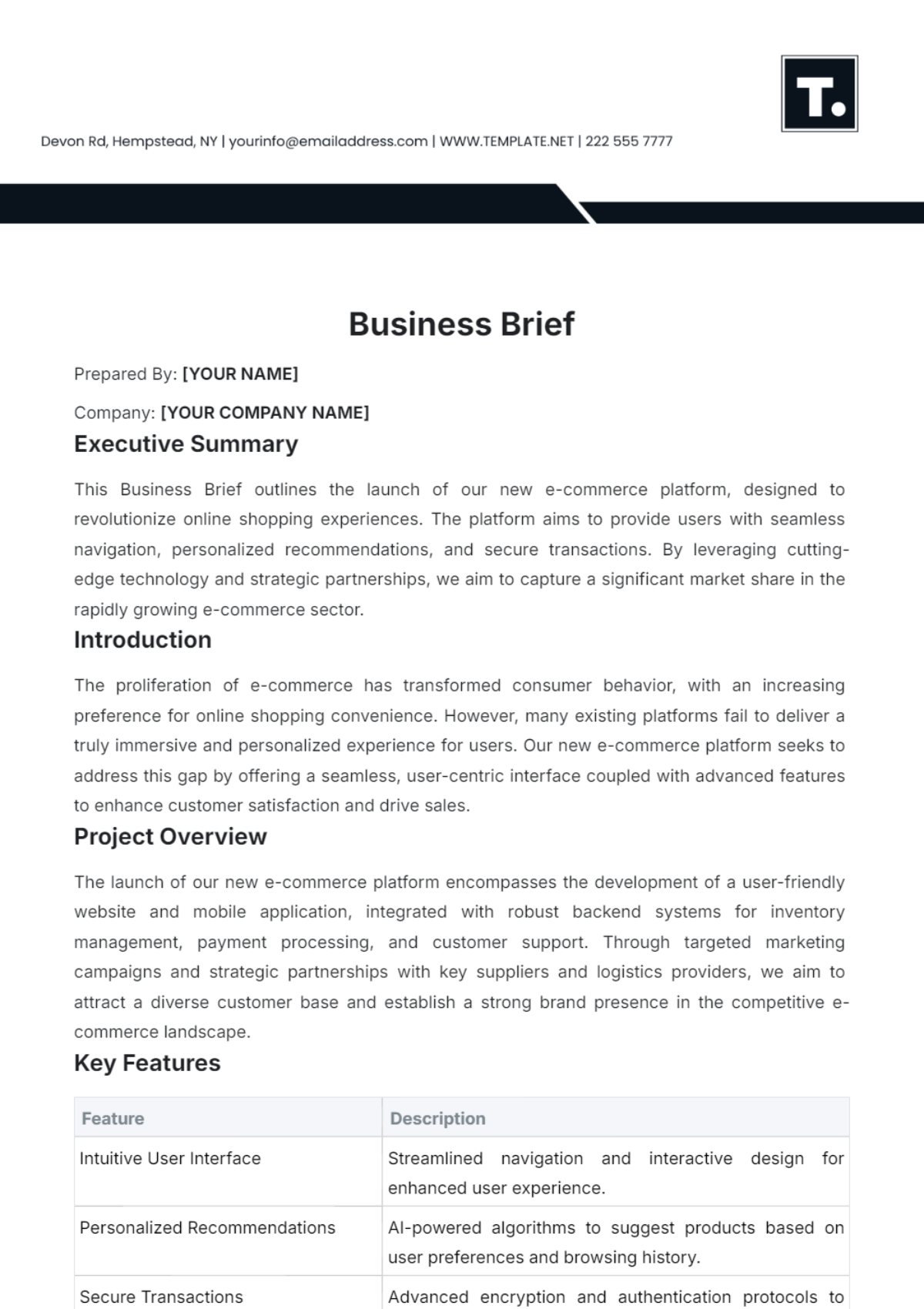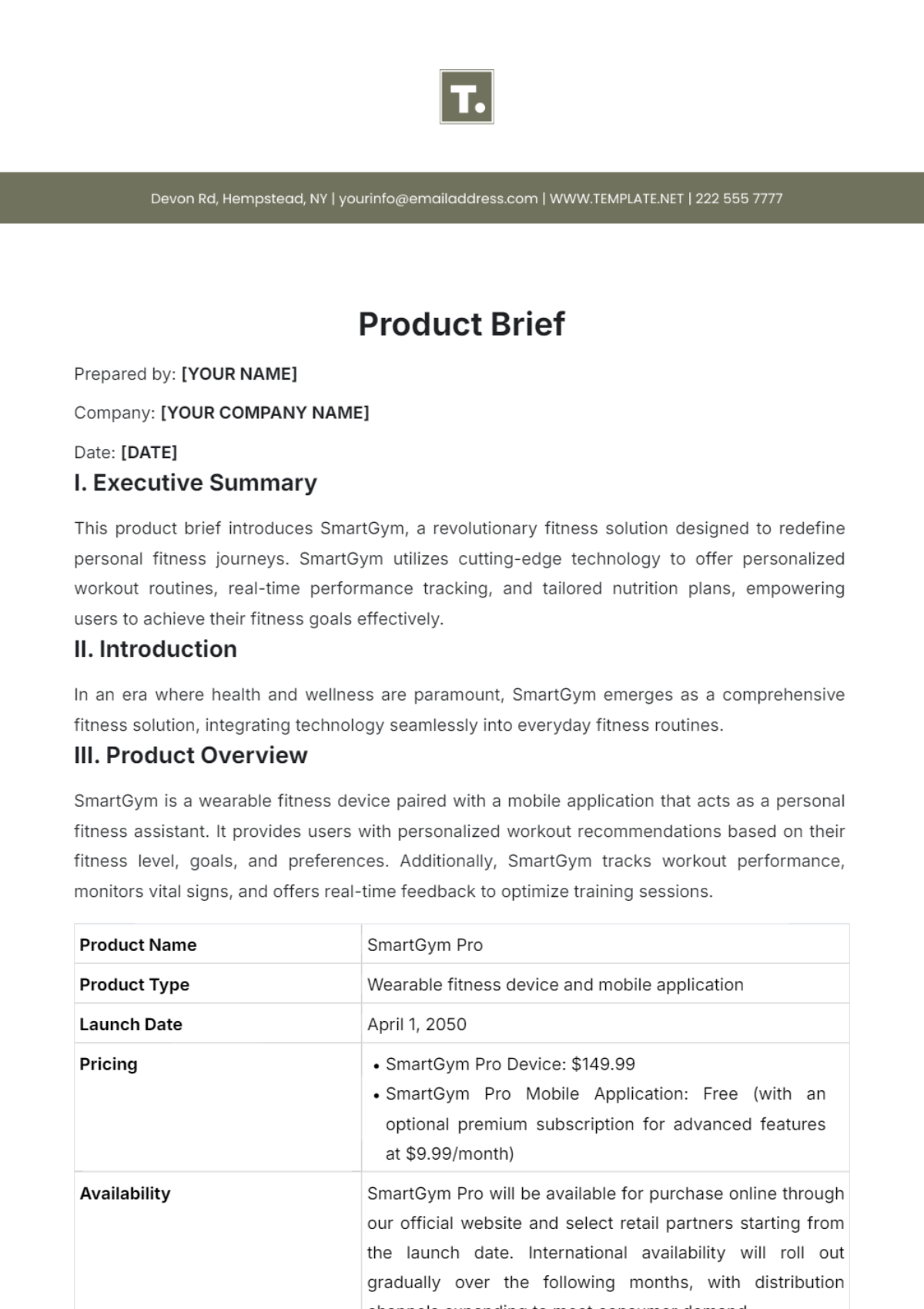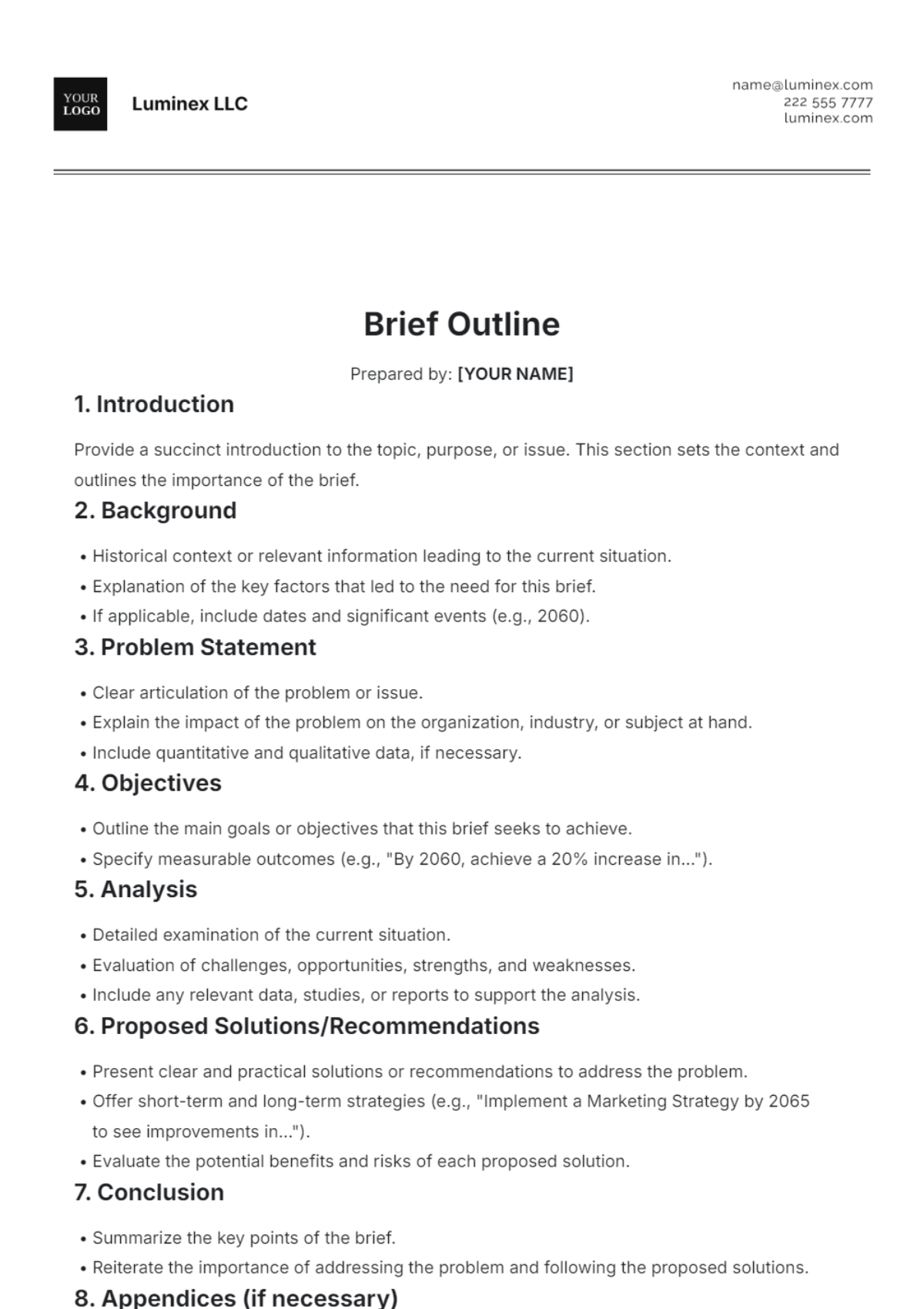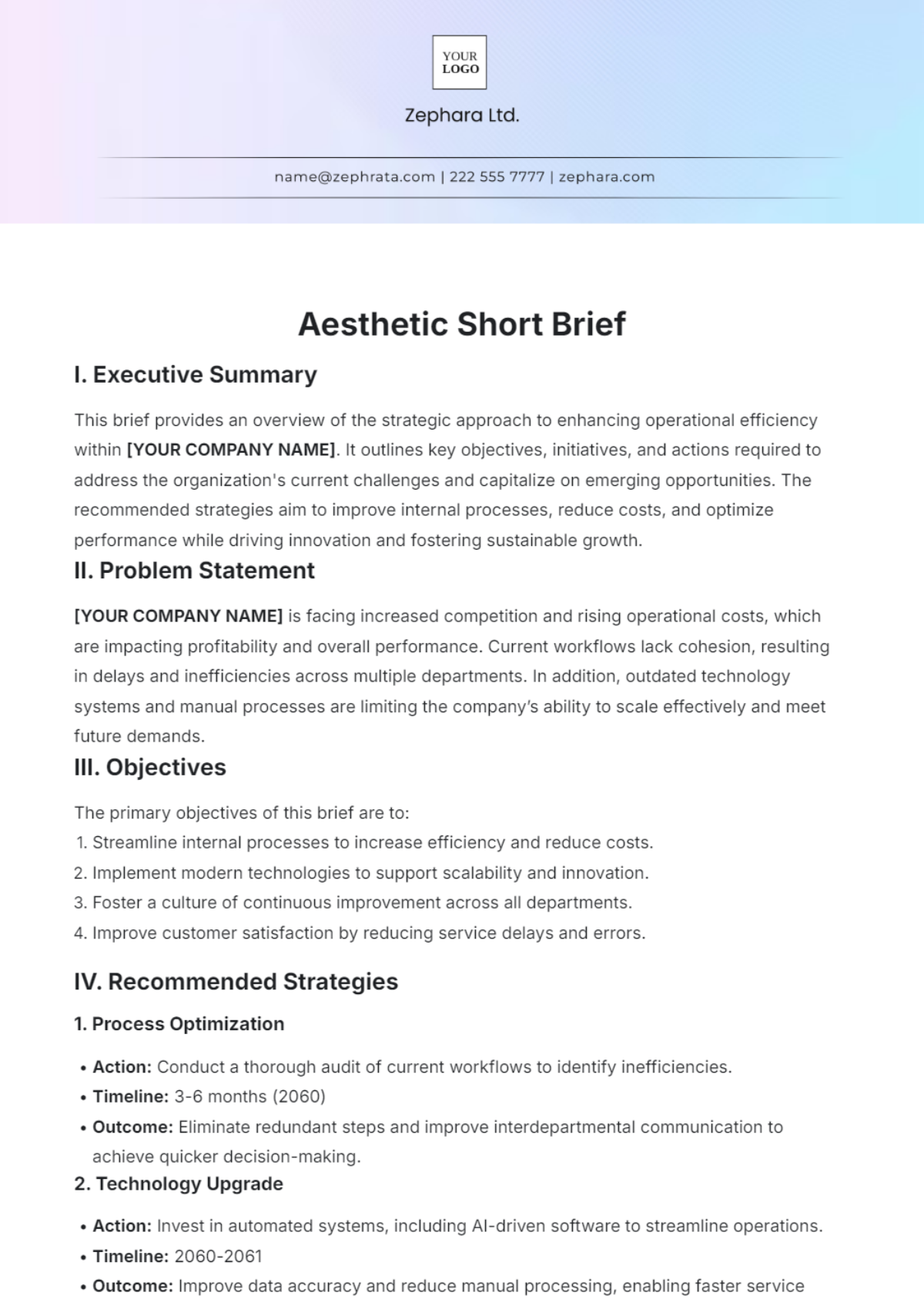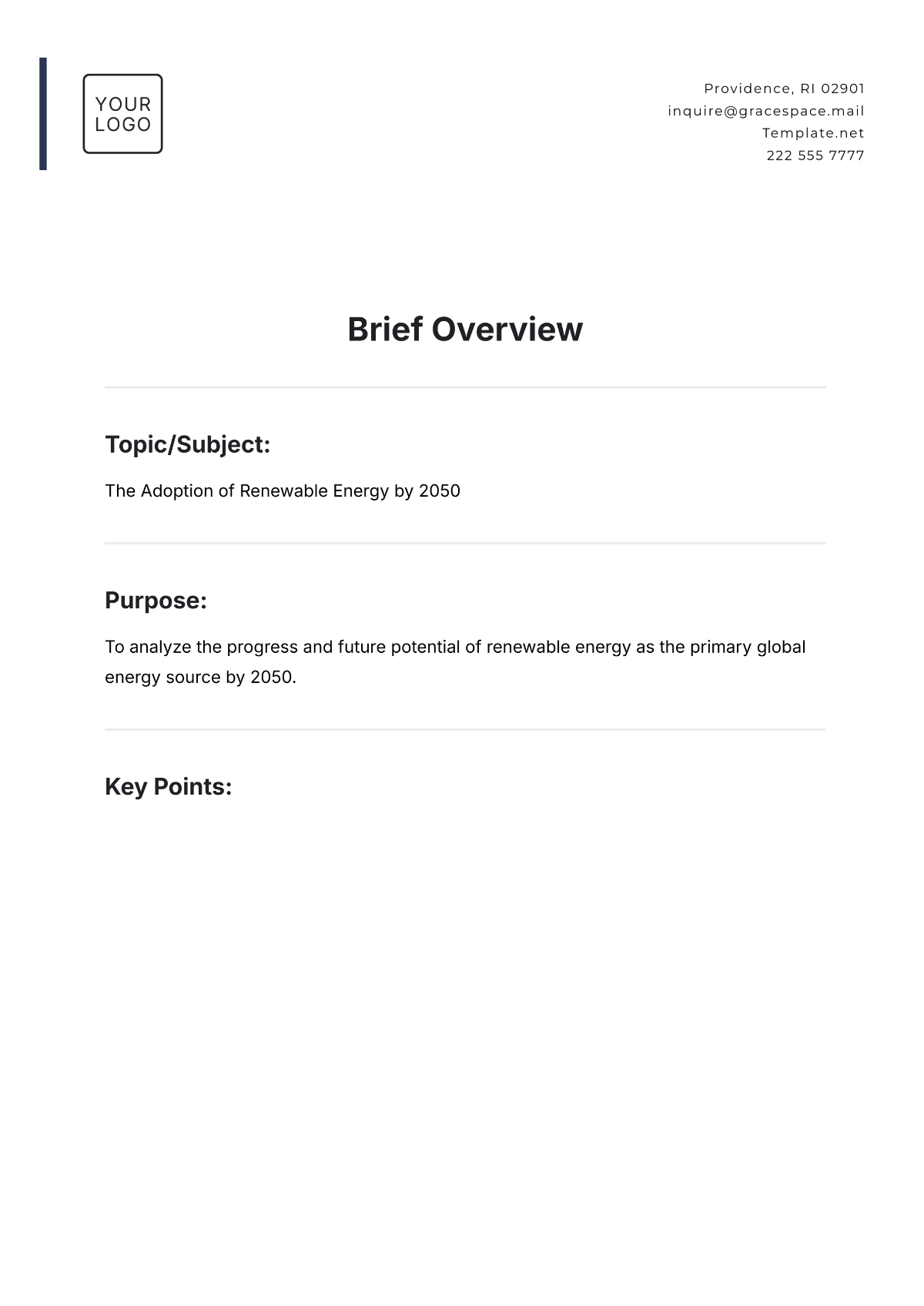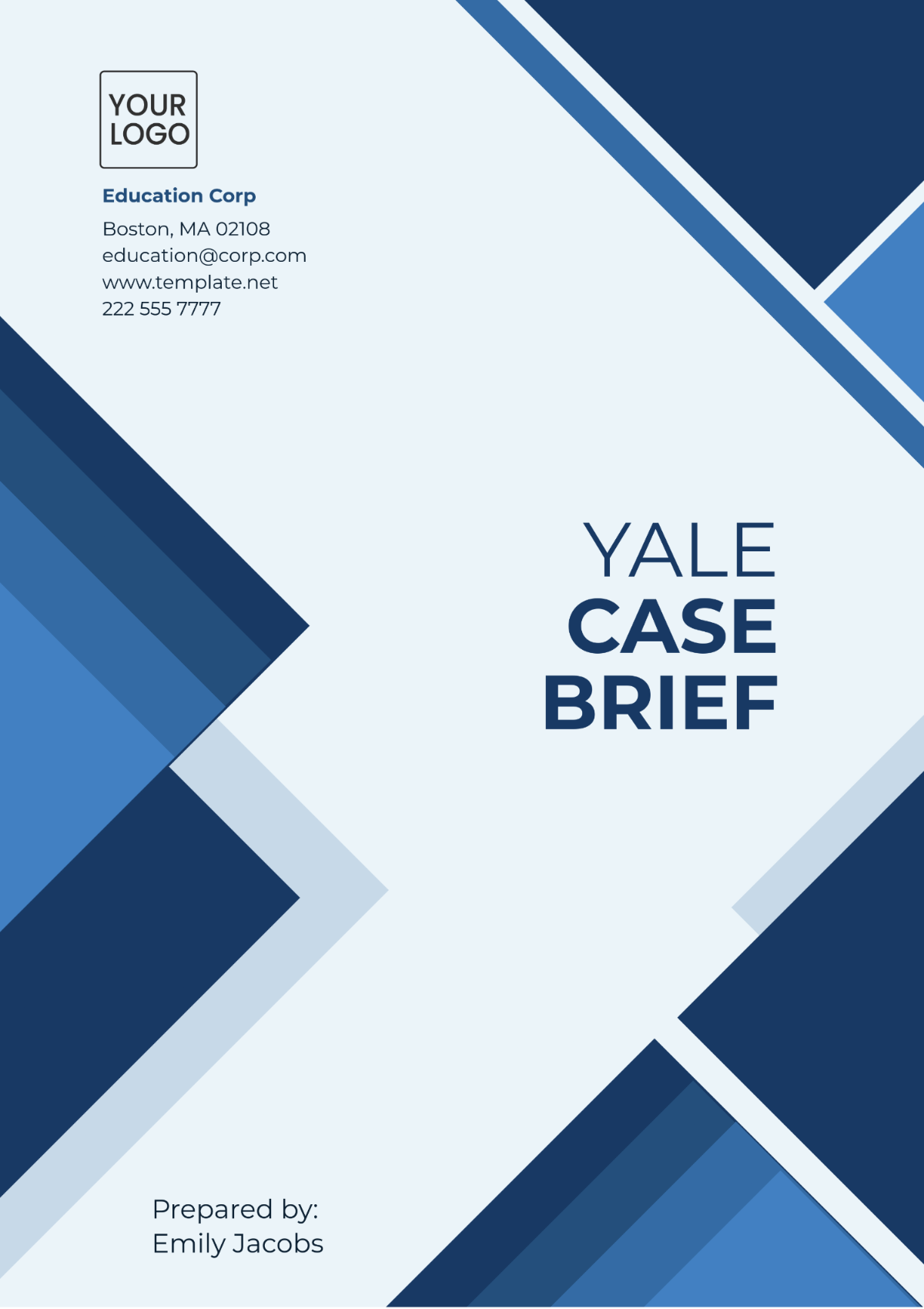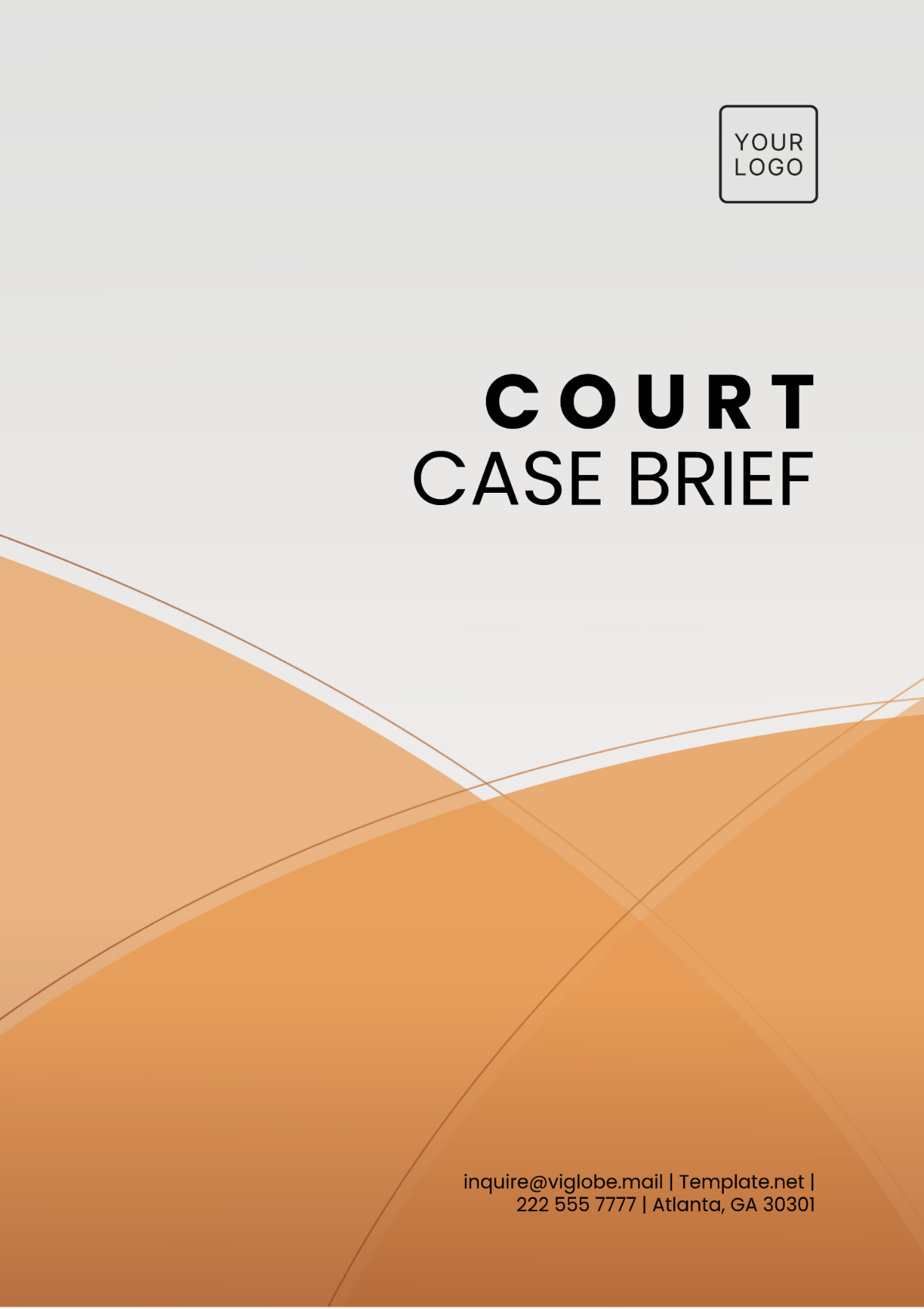Notability Case Brief
Prepared by: [Your Name]
Case Title: Roe v. Wade
Court: United States Supreme Court
Citation: 410 U.S. 113 (1973)
Date Decided: January 22, 1973
Essential Facts
Parties: Jane Roe (pseudonym for Norma McCorvey) sued Henry Wade, the district attorney of Dallas County, Texas, challenging the constitutionality of the state's criminal abortion laws.
Issue: The central issue was whether a woman's right to privacy encompassed her decision to terminate a pregnancy.
Procedural History: Roe initially filed suit in a federal district court, which ruled in her favor. However, the State of Texas appealed directly to the United States Supreme Court.
Legal Question
Does the Constitution protect a woman's right to choose to terminate her pregnancy?
Decision
The Supreme Court held that a woman's right to terminate her pregnancy falls within the right to privacy protected by the Fourteenth Amendment.
The Court established a trimester framework:
During the first trimester, states cannot regulate abortion.
During the second trimester, states may regulate abortion to protect maternal health.
During the third trimester, states may regulate or ban abortion to protect fetal life, except when necessary to preserve the woman's life or health.
The Court determined that Texas's abortion laws were unconstitutional as they violated Roe's right to privacy.
Impact
Roe v. Wade remains one of the most significant and controversial decisions in Supreme Court history.
It established a constitutional right to abortion, shaping subsequent debates over reproductive rights and legal precedent.
Legacy
Despite its landmark status, Roe v. Wade continues to face challenges, with ongoing debates about abortion rights, state regulations, and potential reconsideration by the Supreme Court.
Conclusion
Roe v. Wade is a seminal case in American legal history, establishing the constitutional right to abortion while igniting enduring debates over reproductive rights, privacy, and judicial activism.

